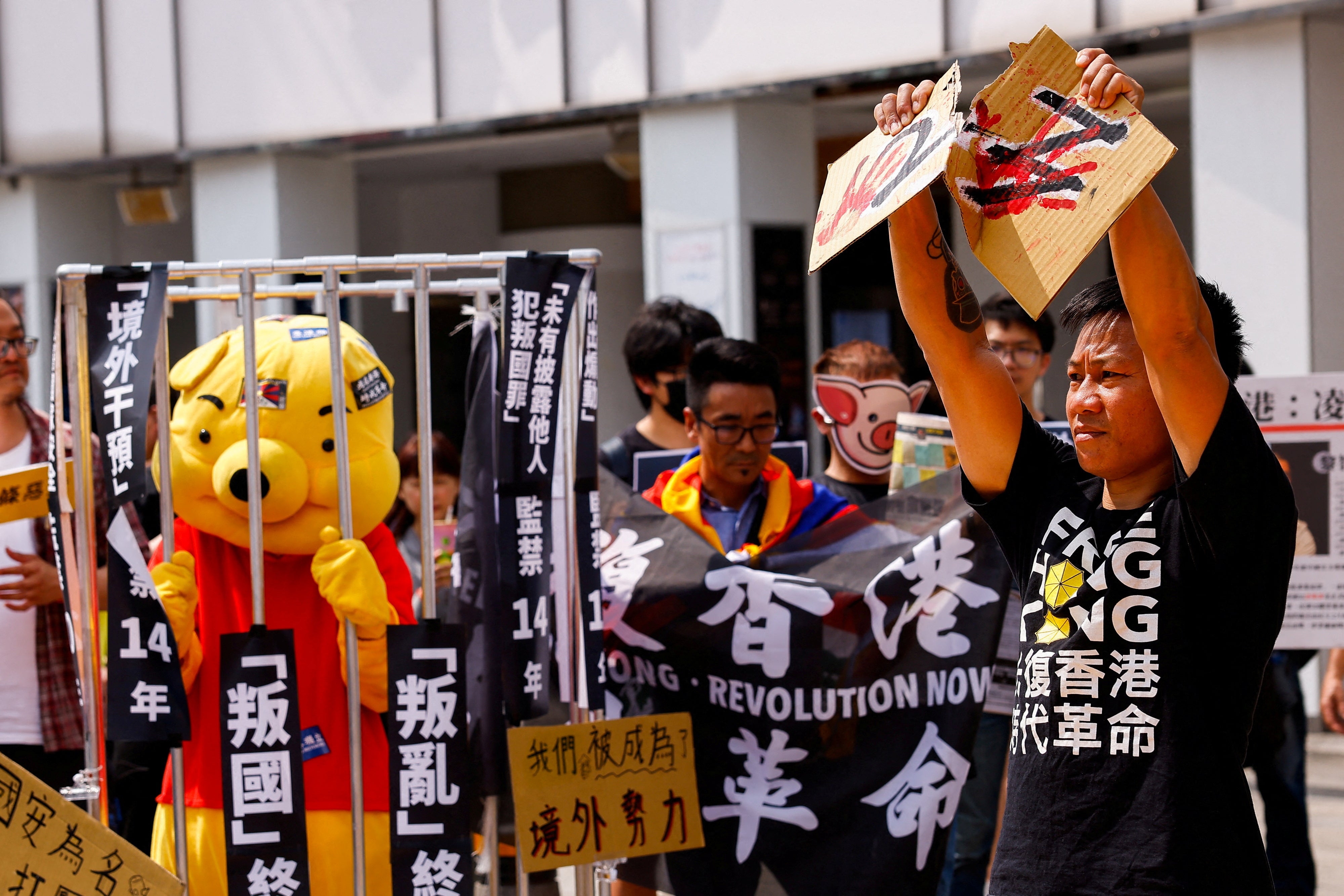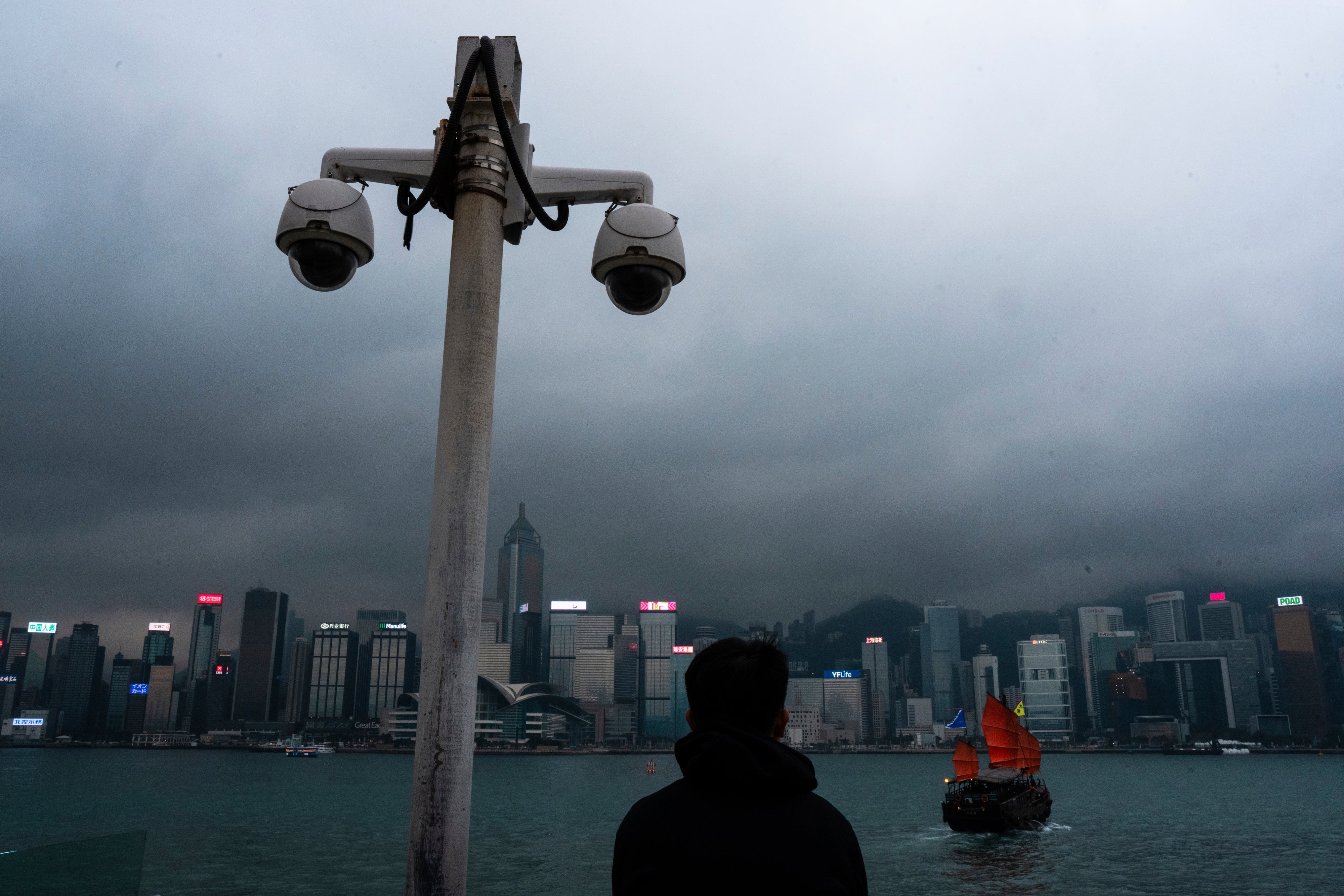US-funded Radio Free Asia closes its Hong Kong bureau over fears for safety of its journalists
RFA says it can’t continue its operations safely following enactment of controversial Article 23

The US-funded news organisation Radio Free Asia (RFA) is shutting down its Hong Kong bureau amid escalating concerns over press freedom and safety.
On Friday, RFA’s president Bay Fang said her organisation was unable to continue its operations safely due to hostility from the authorities and the passing of a controversial new law which criminalises criticism of the state with severe punishment.
“Actions by Hong Kong authorities, including referring to RFA as a ‘foreign force’, raise serious questions about our ability to operate in safety with the enactment of Article 23,” Ms Fang, said in a statement, referring to a local law passed by Hong Kong’s pro-Beijing government in March which builds upon the broader China-imposed national security law of 2020.
“RFA’s decision represents the latest consequence of Hong Kong authorities’ continuing suppression of media freedom,” a US State Department spokesperson said.
“We remain deeply concerned about the deterioration in protection for human rights and fundamental freedoms and the systematic dismantling of Hong Kong’s autonomy under the national security law and recently passed Article 23 legislation.”
The Hong Kong government told the Reuters news agency that it would not comment on RFA’s decision, but it “condemn[s] all scaremongering and smearing remarks”.
“To single out Hong Kong and suggest that journalists would only experience concerns when operating here but not in other countries would be grossly biased, if not outrageous,” it added.

Hong Kong’s new Article 23 law introduces harsher penalties for offences such as treason, sedition, and external interference, with potential sentences ranging from several years to life imprisonment.
The law allows for closed-door trials and gives police the right to detain suspects for up to 16 days without charge.
In recent years, the media have been repeatedly targeted by Hong Kong authorities over any kind of critical coverage.
Since 2020, when the controversial national security law was imposed, two local news outlets known for critical coverage of the government, Apple Daily and Stand News, have been forced to shut down after the arrest of their senior management, including Apple Daily publisher Jimmy Lai.
RFA, which has been operating a bureau in Hong Kong since 1996, a year before the former British colony reverted to Chinese rule, was rebuked by the government for an interview with an exiled activist, Ted Hui, saying it should not have provided a platform for Mr Hui to slander the police.
Additional reporting by agencies
Join our commenting forum
Join thought-provoking conversations, follow other Independent readers and see their replies
Comments
Bookmark popover
Removed from bookmarks